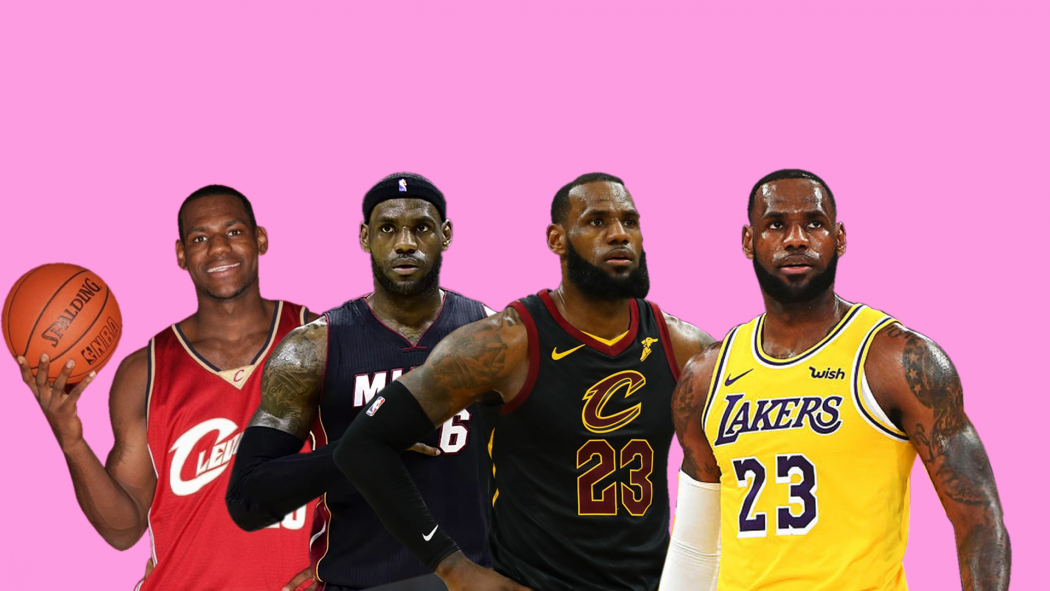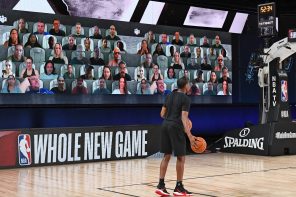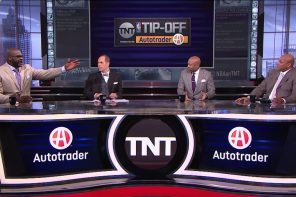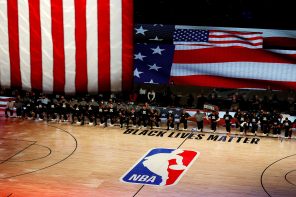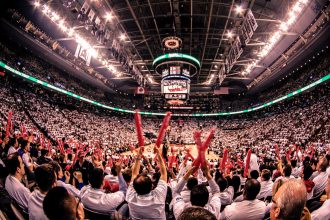The National Basketball Association (NBA) season made its start two weeks ago and, despite an off-season trade request, Jimmy Butler is still a Timberwolf. When the All-Star made this request and did not report to the team’s training camp, the Minnesota Timberwolves management did not expect to be in this situation at the dawn of the 2018-2019 season, let alone as they approach its third week. While he has faced criticism, Butler has some valid reasons for making his request: his desire to win a championship, the immaturity of his teammates, as well as their lack of competitive drive. His request, however, is nothing novel – it is but the latest in a lengthy list of NBA players taking their careers into their own hands.
Many years ago, when Michael Jordan still reigned over the league and was set to become one of the most iconic athletes of all time, a player taking his team hostage would have been unthinkable. While several players had earned superstar status, all 15 players, from the rookie at the end of the bench to the star shooter, still owed a duty to their team. Through the rising popularity of the sport and the increased exposure added by social media, some of the game’s brightest stars have become larger than life. With a steep increase in fame and the explosion of guaranteed salaries, an NBA star’s ego has inflated to the point where he may no longer feel that he owes his team anything. Rather, teams have become a platform for these athletes to show that they can shine. It is no longer the player who tries to please the team, but the team who tries to please the player. Whereas many star players once wished to spend their entire career with one team, and depended on the management to make their dream come true, it’s the same caliber player that now seeks better autonomy.
While the integrity of a star free agent’s decision is often debated, these choices have always been a part of the NBA. One of the most controversial free agent decisions, LeBron James’ 2011 move to the Miami Heat, is often criticized for its perceived negative impacts on the league. Contrary to what some may believe, LeBron’s infamous decision did not ruin the NBA by encouraging players to move teams, it empowered the players by freeing them from the fear of public opinion. That is to say, players should make the decision that is best for them, not the one that is best received. This empowerment may have been what gave Kevin Durant, one of the best players in the league, the courage to make his leap to the Golden State Warriors, one of the best teams of all time (who, by the way, eliminated his team from the playoffs just months before). Some considered Durant’s move to be weak and cowardly, but his decision helped advance the avalanche of shocking free agent decisions that have remodeled the future of the NBA. While both players have been perceived as selfish and inconsiderate, their decisions have spurred countless free agency decisions. Whether or not the fans appreciate it, players are more liberated from judgment than they once were, and the criticism doesn’t seem to faze them.
Rather, teams have become a platform for these athletes to show that they can shine. It is no longer the player who tries to please the team, but the team who tries to please the player.
Despite the ever-present critics, players who switch teams during the free agent period were at least courteous enough to honour their multi-million dollar contracts. When a player feels the desire to move on to greener horizons in the midst of his contract years, such decisions can put basketball franchises in a precarious position. In recent years, several NBA athletes have expressed their dissatisfaction with their teams by requesting trades and threatening to sit out until their request is satisfied, risking the team’s carefully-constructed future. In 2017, all-star Kyrie Irving reportedly threatened to undergo surgery and miss a season if he was not traded from the Cleveland Cavaliers. Irving had a desire to be the leader of a team, which is understandable, as he went from being the team’s first option to playing in the shadow of LeBron James. Even though his reason may have been valid, his behavior was still considered by many to be selfish, as he put the entire future of the team at risk for the sake of his own gain.
Similarly, the San Antonio Spurs recently parted ways with their franchise player, Kawhi Leonard, after he requested a trade following his injury-riddled season. While such requests have always been part of the league, their recent amplification is in the direct continuation of players obtaining full decision powers. In addition to putting their contracts in jeopardy through threats and ultimatums, they are now using these agreements to their advantage. Through short-term contracts, no-trade clauses, and contract options allowing the player to opt in or out of the final year of a deal, NBA franchises are now at the mercy of players’ decisions.
NBA players jumping from team to team is simply the logical evolution of increased public exposure and several years of unprecedented free agency decisions. Players taking their careers into their own hands is a long departure from times when basketball franchises and General Managers used to run the NBA; through their abandon of public judgment and criticism, players have reshaped the future of the game. Looking forward, the flood of player options and other complex contract specificities ensures an ever increasing individual-over-team dominance. Like it or not, the league is now headed to a future governed by players’ career interests and there isn’t much that can be done about it. So the next time your favorite team signs a top player, enjoy it while you can – because he may be gone as soon as next month.

